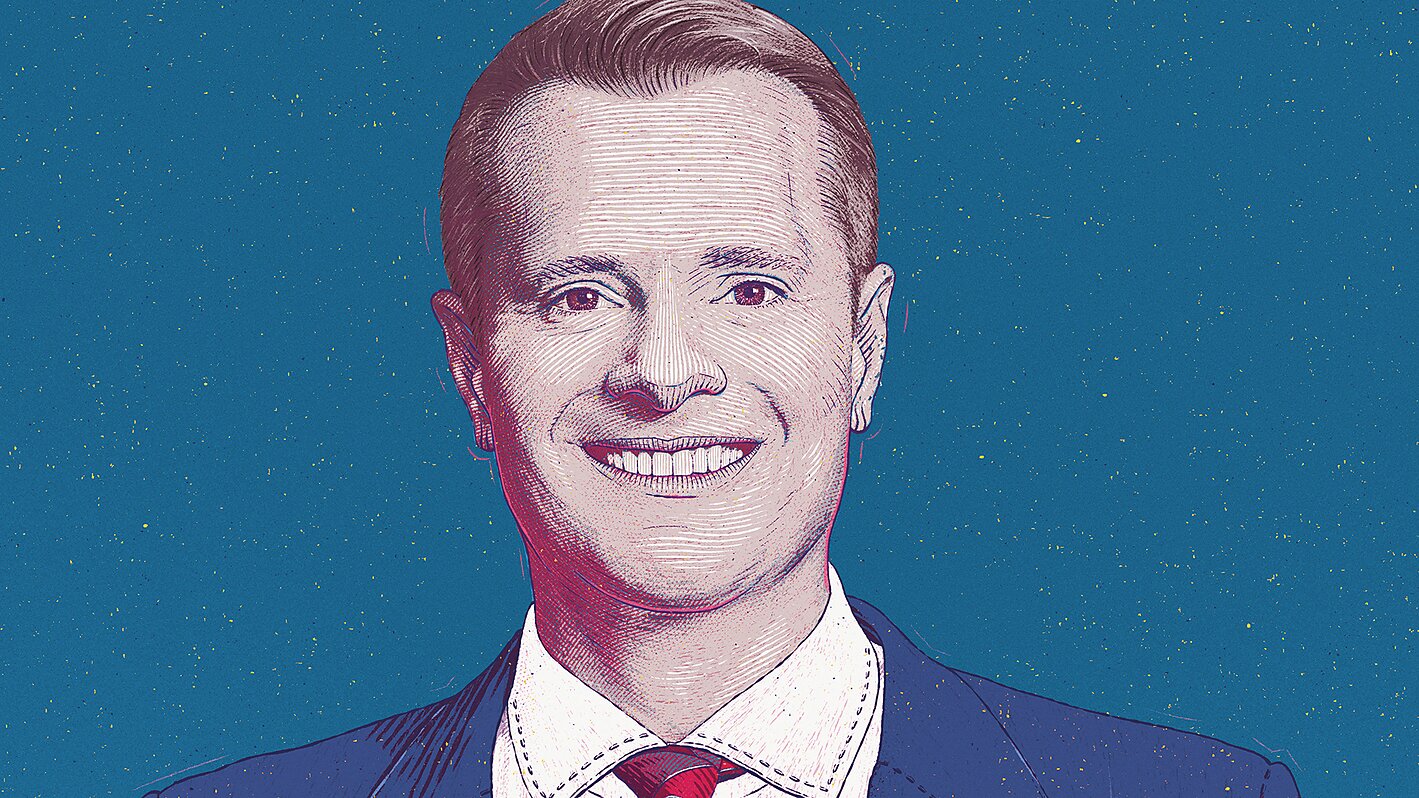The Ehrlich group bet $1,000 on $200 quantities of five metals: chrome, copper, nickel, tin, and tungsten. They signed futures contracts that stipulated that Simon would sell these same quantities of metal to Ehrlich’s group for the same price in 10 years’ time. Since price reflects scarcity, Simon would pay if population growth made these metals scarcer, but if they became more abundant and therefore cheaper, Ehrlich’s group would pay Simon.
When the wager concluded in 1990, the five metals became cheaper despite the world’s population growing by 850 million people. Ehrlich mailed Simon a check for $576.07, representing a 36 percent decrease in inflation-adjusted prices. Simon sent Ehrlich a thank-you note and an offer to raise the stakes to $20,000 in a future wager, but Ehrlich was not interested.
Despite Simon’s overwhelming victory, Ehrlich’s views continue to have support. The zero-sum thinking that humans evolved in the Pleistocene—a bigger piece of a slaughtered mastodon for me really meant a smaller piece for thee—means that influential, but misguided, people can keep on banging the drum of overpopulation and overconsumption to this day. And they are believed. Consider the following statements:
- “You can’t just continue growth for the sake of growth in a world in which we are struggling with climate change and all kinds of environmental problems.” (Bernie Sanders, 2015)
- “You have to design an economy based on no growth or even shrinking growth.” (Steven Chu, Nobel laureate and former US secretary of energy, 2021)
- “Falling birth rates in the West are ‘good for general overall consumption that we have at the moment and our planet.’” (Sarah Harper, Oxford Institute of Population Ageing, 2022)
- “We ought to have a plan for slowing the destructive surge in human population. But we don’t.” (Naomi Oreskes, Harvard University, 2023)
These mistaken ideas underpin the increasingly popular degrowth theory that aims to reverse what our Cato colleague Deirdre McCloskey calls the “Great Enrichment.” If its proponents succeed, get ready for a future of government-mandated reductions in income and consumption and individual carbon budgets and travel restrictions (for you and me, not Meghan, Harry, and John Kerry). The future, in other words, will resemble the COVID-19 lockdown—except it will last forever.





